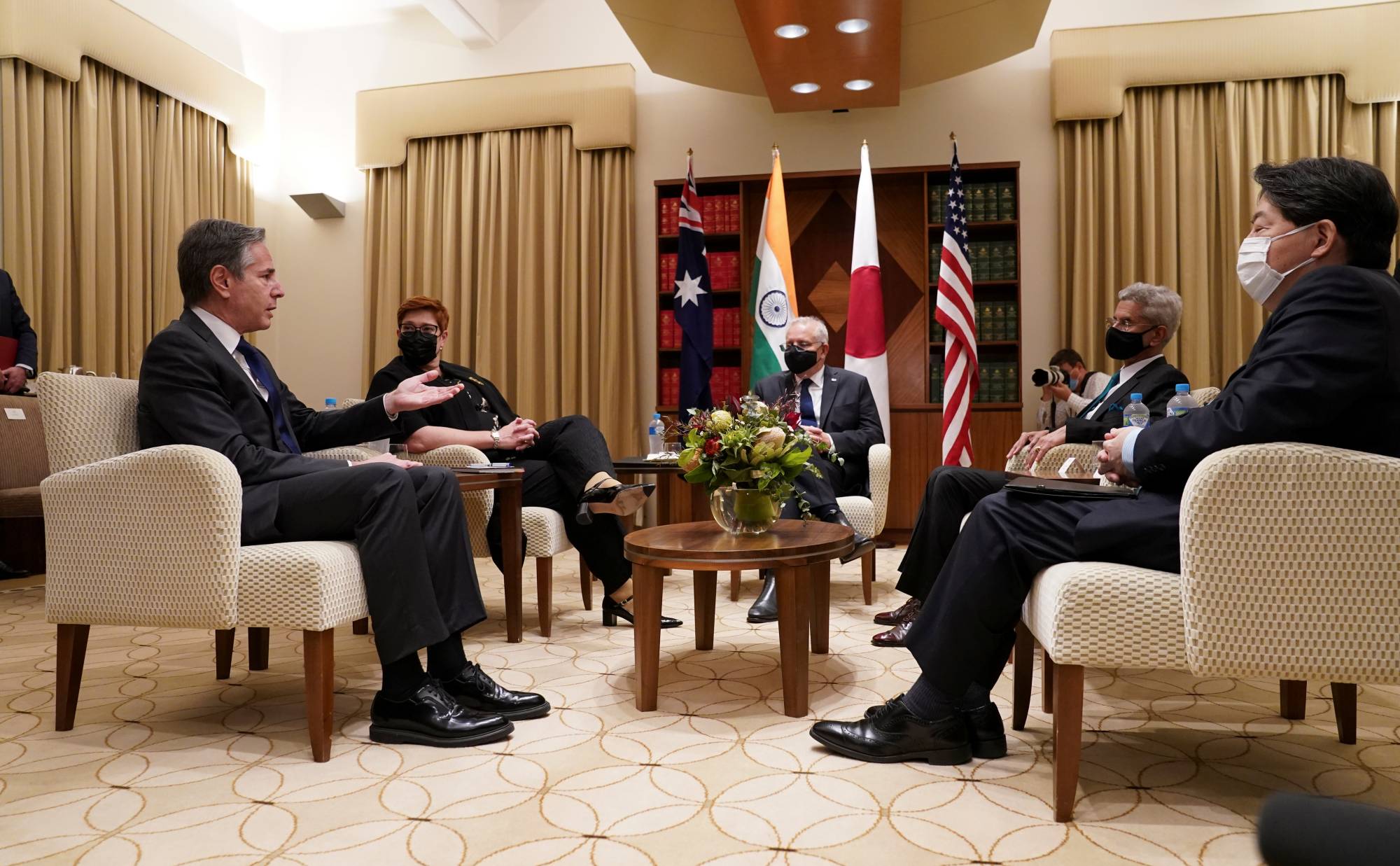It is difficult to appreciate how much the Indo-Pacific security environment has changed.
The fact that we now commonly refer to the “Indo-Pacific” is a taste of the transformation. New threats have emerged, and new relationships forged and new mechanisms created to counter them. First, we had "the Quad," AUKUS and the Indo-Pacific Economic Framework; this week we’re talking about the “Asia-Pacific Four" — Japan, South Korea, Australia and New Zealand — and Partners in the Blue Pacific, which includes the U.S., Japan, Australia, the U.K. and New Zealand. The changes have been gradual but they are paradigmatic, nevertheless.
As this evolution unfolds, a — if not “the” — central question is: What is the organizing principle for collective action to maintain the peace? What unites countries and allows them to cooperate? To ask this another way, for all the talk about “like-minded countries,” what is alike among them?



